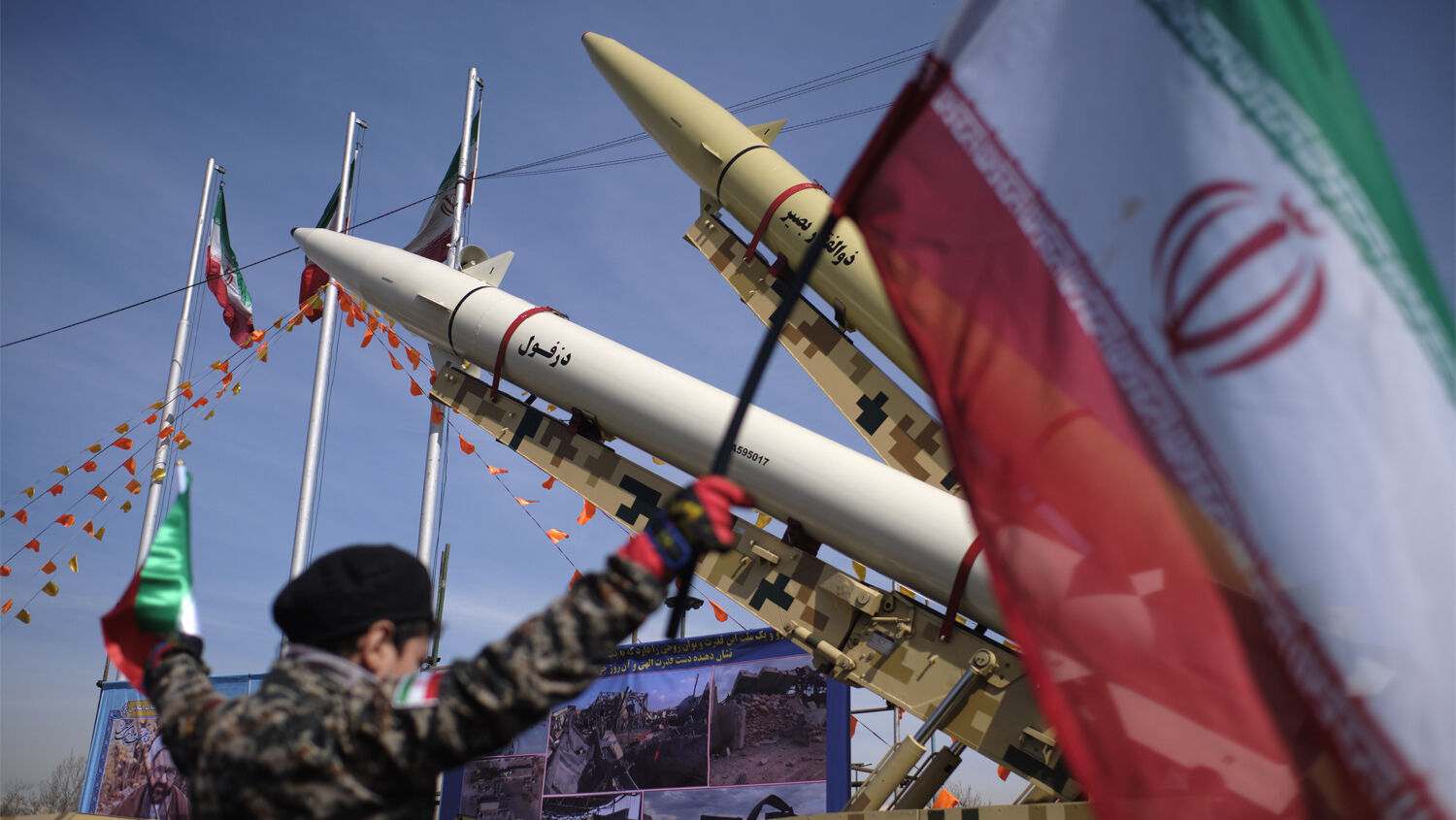Iran (Washington Insider Magazine) -Though they have been high for a long time, tensions between Iran and Western Europe are on the rise, especially with regard to missile defense. Earlier this month, the Iranian government fired a missile above a nuclear facility in the Isfahan province known as Natanz. Taking place at 9pm, the sudden explosion surprised and frightened the locals, and conflicting reports were presented by local media outlets.
After the incident, Iranian security officials stated that the event was a “controlled explosion” on the part of the country’s air defense system, adding that citizens had “nothing to worry about.” However, this is not the first occurrence of a surprise incident at Natanz.
The facility experienced a major fire in July 2020 and then experienced an explosion in April 2021 that actually caused the facility to be shut down. Some believe that these incidents are deliberate attempts to sabotage Iran’s missile defense program, citing tension with Israel and other surrounding countries. However, many observers believe that this latest incident was a nuclear test, suggesting that Iran is attempting to bolster its nuclear defense program — a move that will likely escalate already-existent tensions.
This latest Natanz incident was preceded by a seventh round of failed attempts to reach an agreement on nuclear matters in Vienna. This failure — coupled with recent events in Iran — seem to have rendered the 2015 Joint Comprehensive Plan of Action virtually ineffective in curbing Iranian nuclear defense development.
However, in the long run, defense discussions may not matter at all. Mostafa Khoshcheshm, an expert in Iranian international affairs, has said that Iran needs to increase the range of its nuclear missiles up to 4,000 kilometers. He believes that by creating missiles that can reach Western Europe, Iran will be able to use their nuclear program as protection and leverage in future negotiations — and to protect themselves from unwanted war.
Khoshcheshm went further, stating that the Americans need to “lift the sanctions” against Iran’s nuclear missile development program, believing that if the sanctions are not lifted, the Joint Comprehensive Plan of Action (JCPOA) will fully dissolve. Such a dissolution would only serve to increase tension.
The truth is simple: it’s highly unlikely that America will lift the sanctions, and it’s also unlikely that Iran will cease their development of nuclear missiles. And unless an agreement can be made, it’s both possible and probable that the simmering tensions could fully boil over.


























